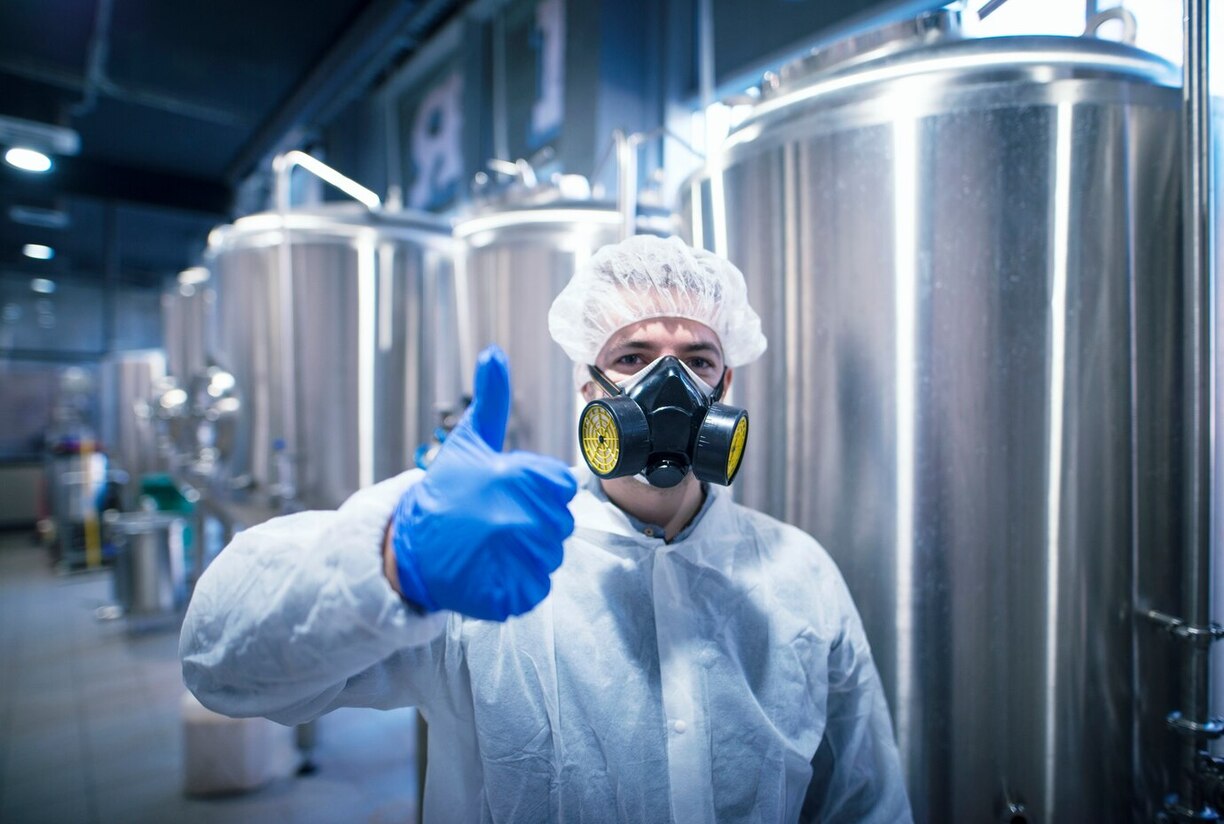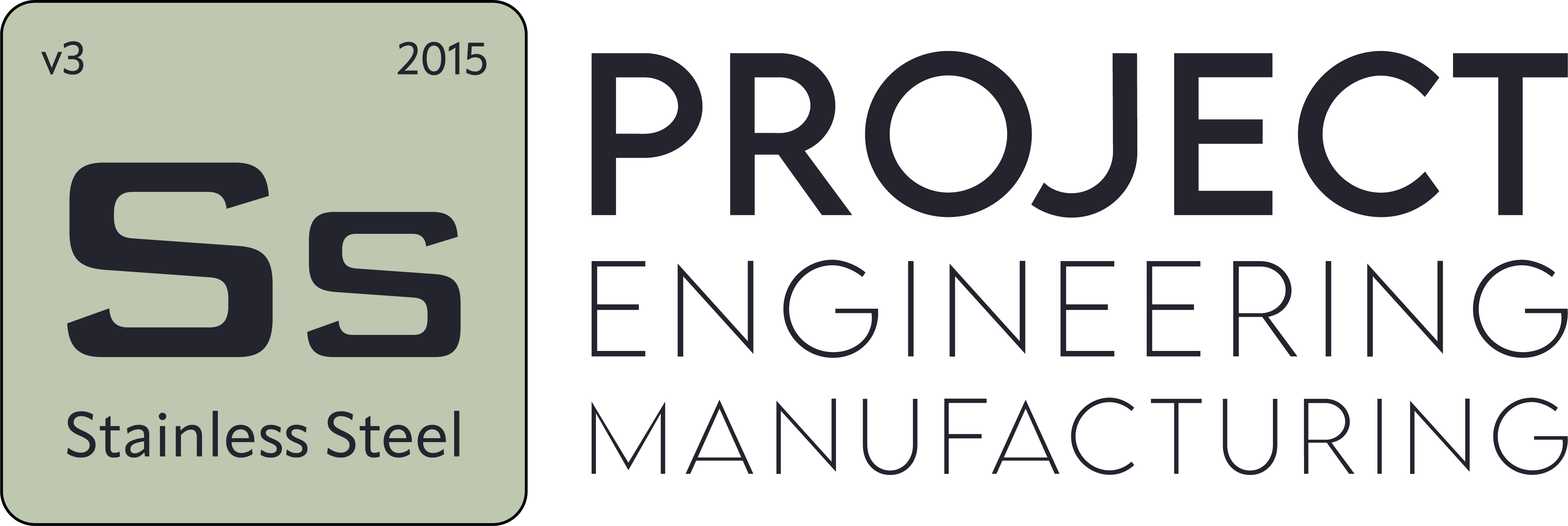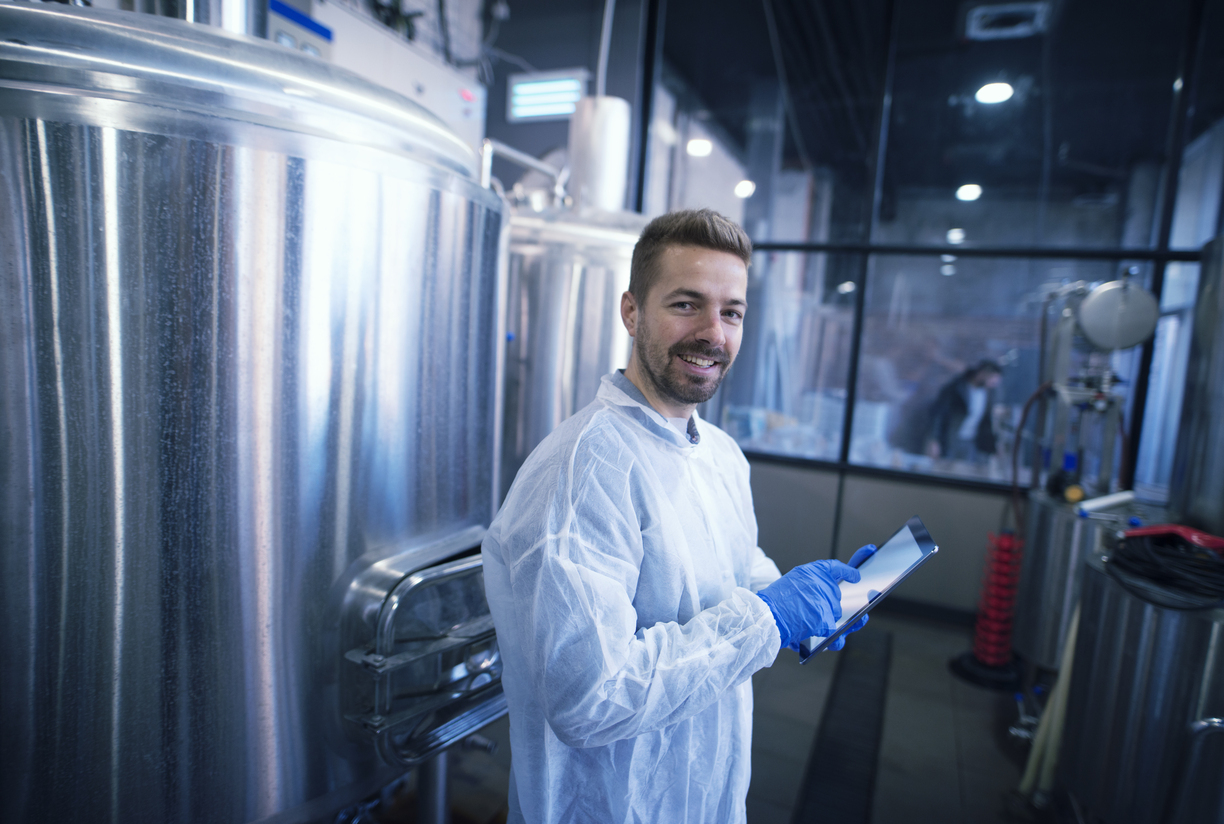Chemical Industry Tank Manufacturer
- Blog
- Chemical Industry Tank Manufacturer
Chemical Industry Tank Manufacturer
Tanks play a vital role in the chemical industry, where precision, safety, and efficiency are paramount. These tanks are used to store, mix, and process a wide range of chemicals, ensuring that materials remain clean and safe. High-quality chemical tanks are designed to withstand extreme temperatures, corrosive substances, and pressure fluctuations, making them indispensable for industrial operations. Strict safety and environmental regulations in the chemical industry necessitate the use of advanced tanks compliant with international standards such as ASME and ISO. These tanks not only enhance operational efficiency but also ensure the safety of workers and the environment. Their robust construction and innovative features have made them a critical component of modern chemical processing facilities. Additionally, chemical tanks support the scalability of industrial operations. With advancements in production, these tanks are now offered in modular designs, allowing facilities to quickly increase their capacity. They also play a significant role in maintaining the quality of chemicals, providing controlled environments that minimize contamination.The Importance of Tanks in the Chemical Industry
Chemical tanks are typically made from high-quality materials such as stainless steel, fiberglass, or specialized alloys. These materials offer excellent resistance to corrosion and chemical reactions, ensuring that the tanks are long-lasting and reliable. Internal surfaces are often coated or lined to prevent contamination and facilitate easy cleaning. Advanced tanks are equipped with features such as temperature control systems, pressure monitoring sensors, and automated mixing mechanisms. These features provide precise control over chemical processes, reducing waste and improving product quality. Additionally, some tanks are designed with safety features like emergency pressure relief valves and leak detection systems. The integration of automation technologies is a standout feature. IoT-enabled tanks can transmit real-time data on temperature, pressure, and liquid levels, enabling remote monitoring and predictive maintenance. This level of automation enhances operational efficiency and reduces downtime caused by unforeseen issues.Technical Features of Chemical Industry Tanks
Chemical tanks are used in various applications across the industry:Applications of Tanks in the Chemical Sector

Chemical tank production requires meticulous attention to meet industry standards and operational requirements. Here are some key factors to consider: Material Selection: The material used depends on the chemical properties of the substances being processed. Resistance to corrosion and temperature tolerance are critical factors. For highly corrosive substances, special coatings or composite materials may be required. Design and Customization: Tanks must be designed in terms of size, shape, and functionality to meet the specific requirements of the process. Customizable features such as mixing systems, insulation, and baffles enhance the tank’s suitability for various applications. Safety Compliance: Adherence to safety standards such as ASME, OSHA, and EPA regulations is mandatory to ensure safe operations. Manufacturers must also incorporate safety measures such as pressure relief systems and spill prevention features. Quality Assurance: Comprehensive testing and inspections during the production process are necessary to guarantee the tanks’ performance and durability. Non-destructive testing methods such as X-ray and ultrasonic testing are commonly used to detect defects in welds and materials.Considerations in Chemical Tank Production
Proper maintenance is essential to extend the lifespan and ensure the safety of chemical tanks. Regular inspections should be conducted to identify signs of wear, corrosion, or structural damage. Advanced tanks equipped with monitoring systems provide real-time data on their condition, simplifying maintenance tasks. Cleaning protocols should be implemented to remove residues and prevent contamination. The use of compatible cleaning agents that do not react with tank materials is essential. Periodic maintenance also involves inspecting and replacing components such as seals, gaskets, and valves. Proper documentation of maintenance activities ensures compliance with industry standards and audits. In addition to routine maintenance, upgrading older tanks with modern technologies can extend their operational lifespan. Retrofitting with advanced sensors, automation systems, and improved coatings can significantly enhance the tanks’ performance and reliability.Maintenance and Durability of Chemical Tanks
The chemical tank manufacturing sector has embraced innovations to meet the evolving needs of the industry. Smart technologies, such as IoT-enabled sensors, enable real-time monitoring of tank conditions, providing predictive maintenance and reducing downtime. These advancements also improve safety by detecting leaks or anomalies before they become serious issues. Sustainability is another key focus area. Manufacturers are developing tanks using eco-friendly materials and energy-efficient designs to minimize environmental impact. Additionally, modular and scalable tank designs provide flexibility for the expansion of industrial operations. In the future, technologies such as artificial intelligence and machine learning are expected to play a significant role in optimizing tank performance and process efficiency. These technologies will further enhance the capabilities of chemical tanks, making them an indispensable asset in industrial applications. Moreover, 3D printing and advanced manufacturing techniques are being explored to produce highly customized and cost-effective tank solutions.Innovations in Chemical Tank Design


